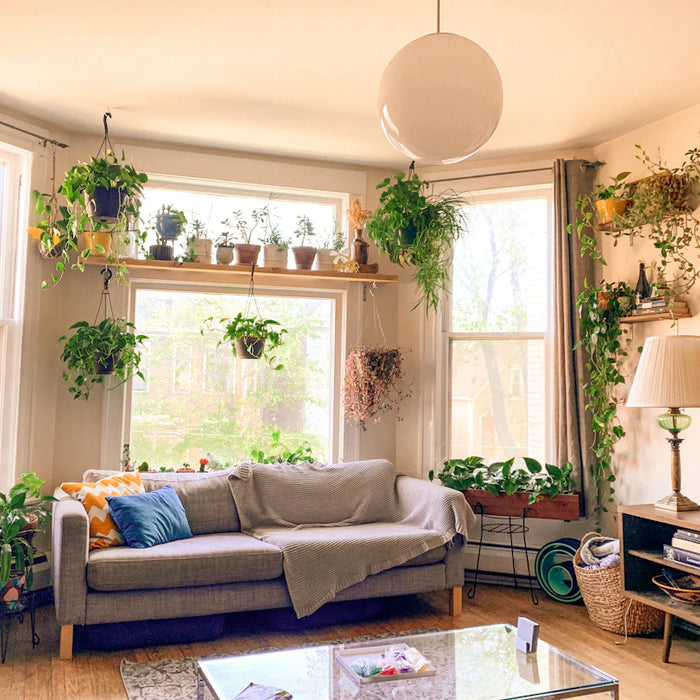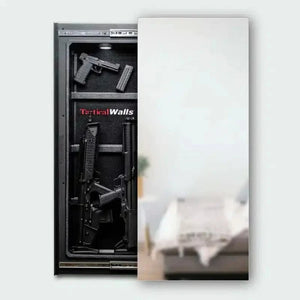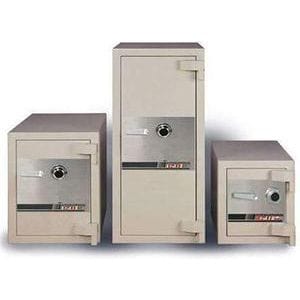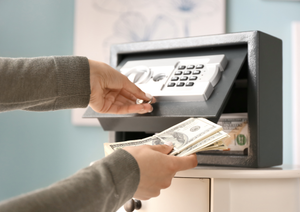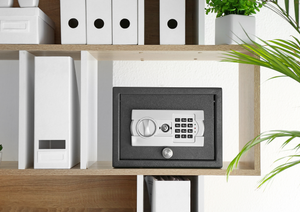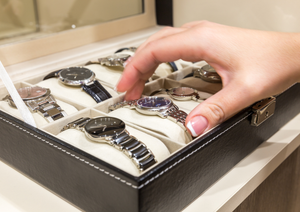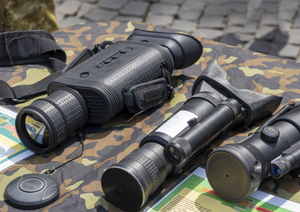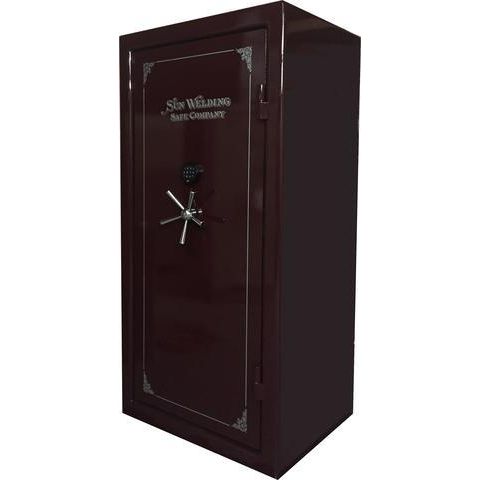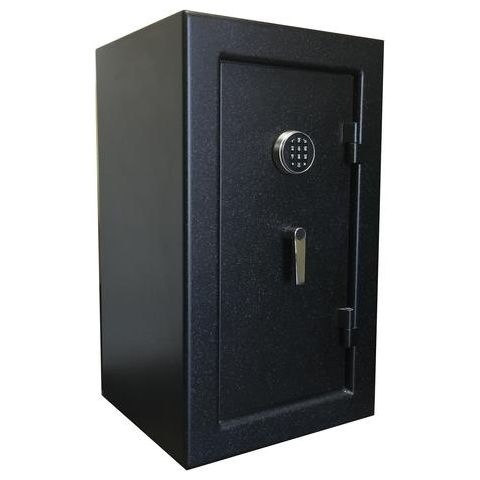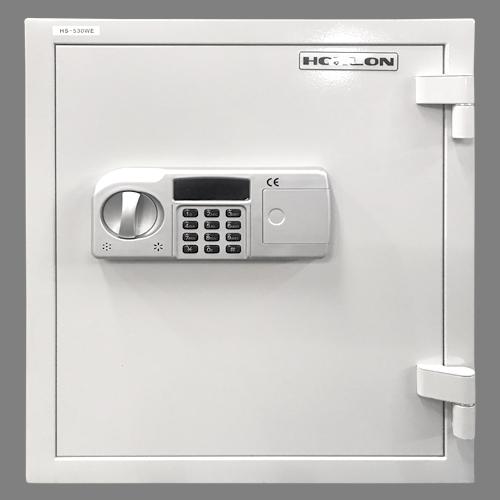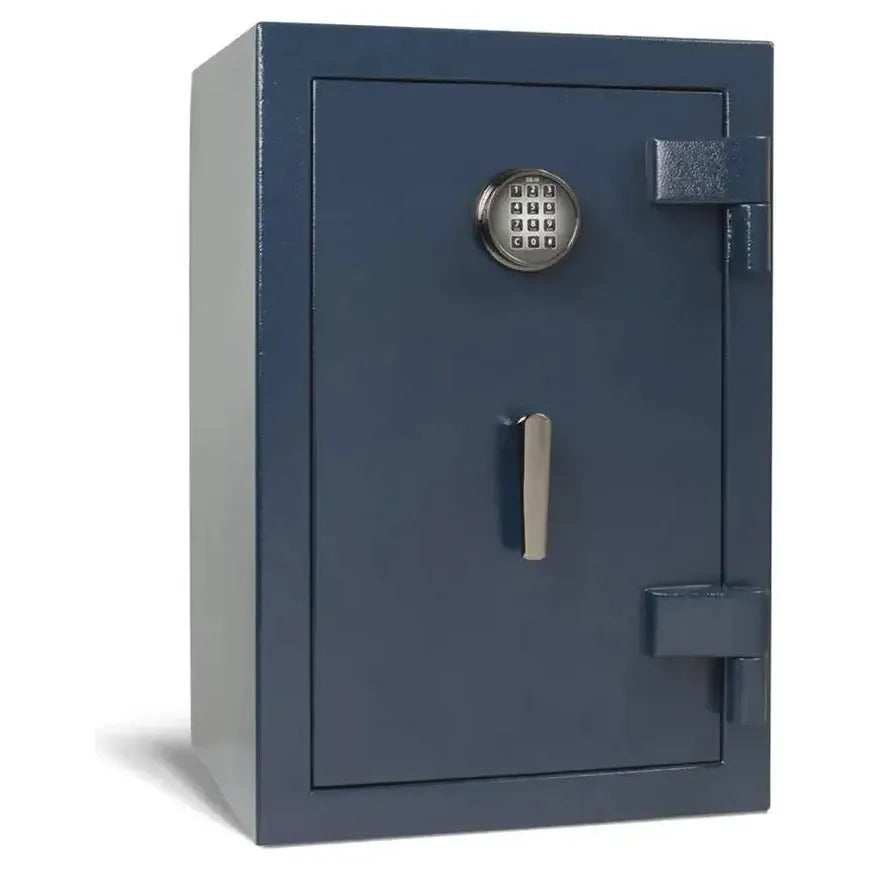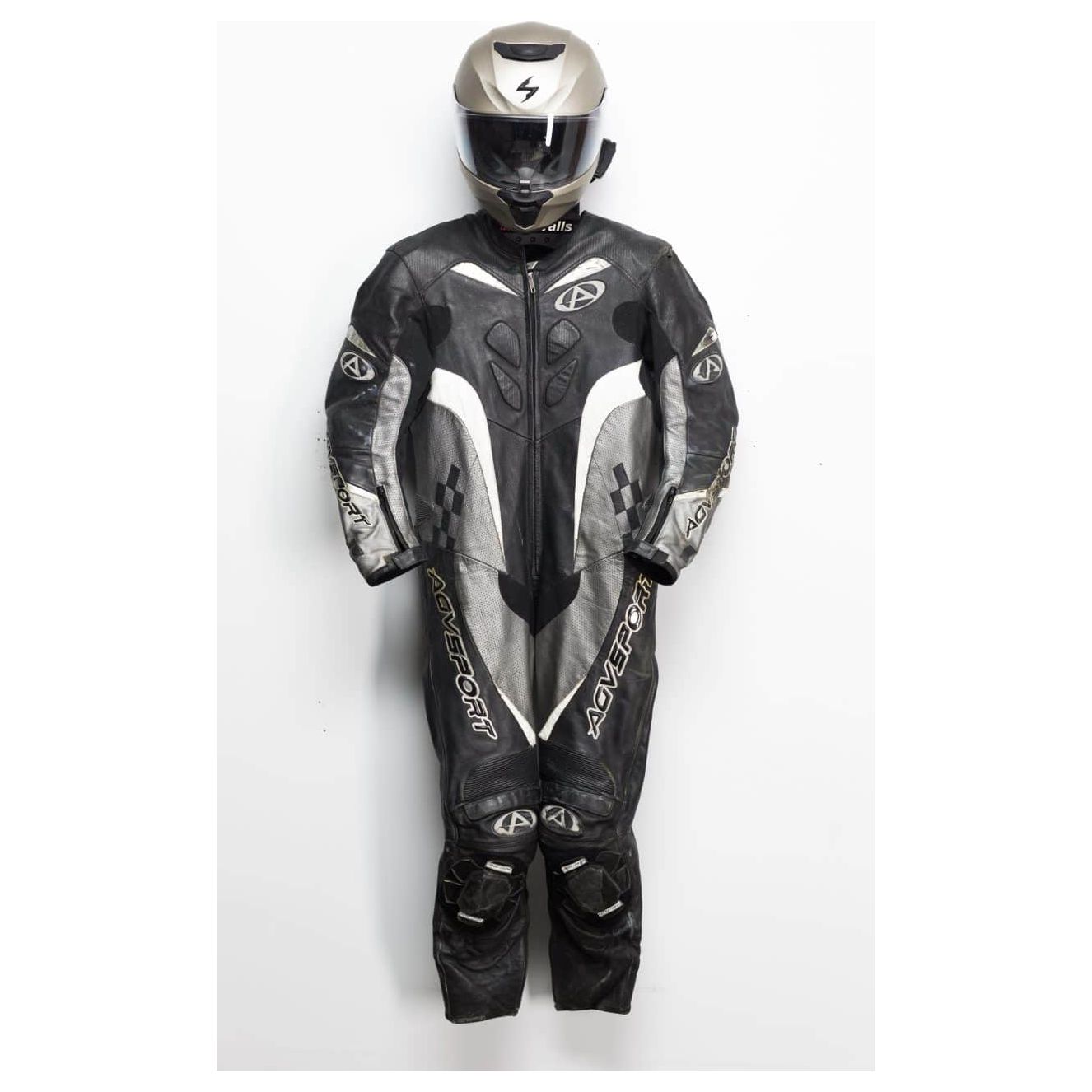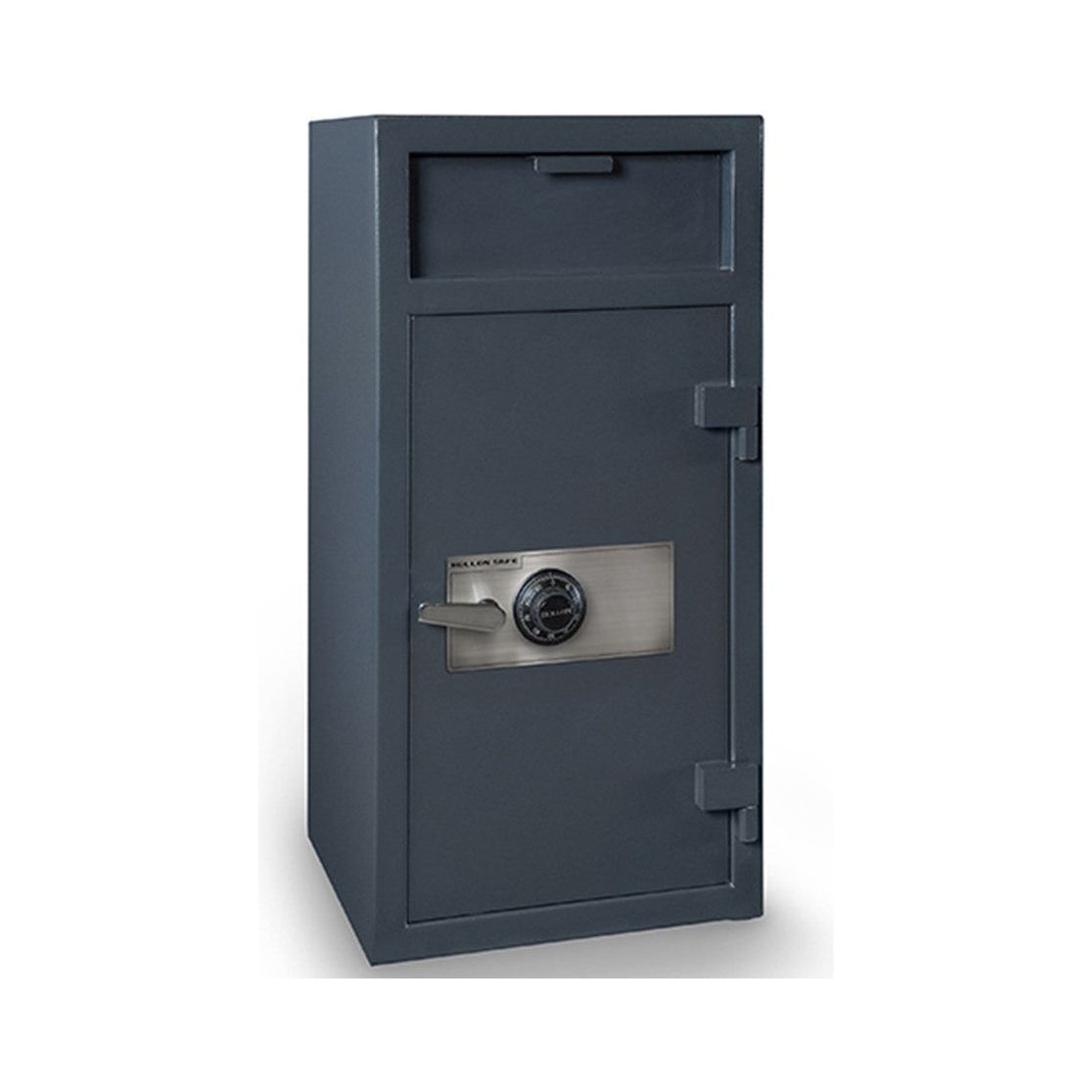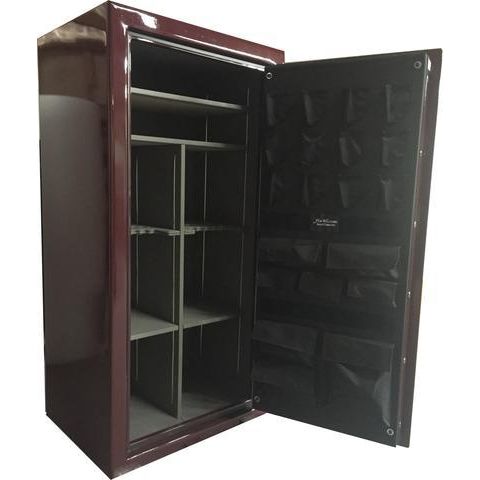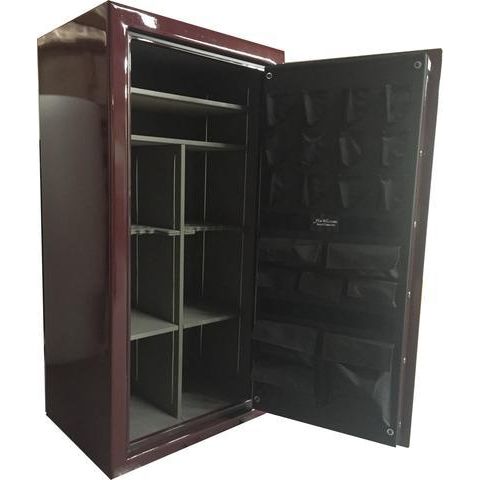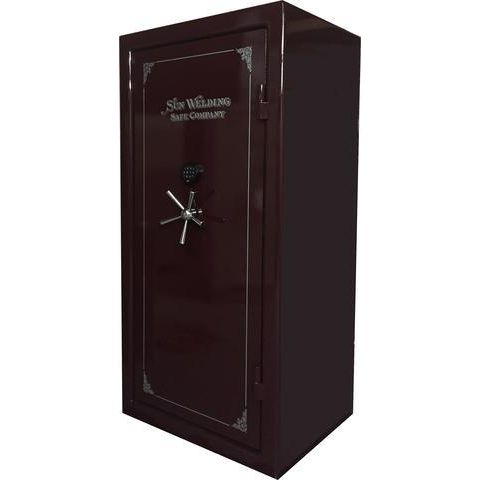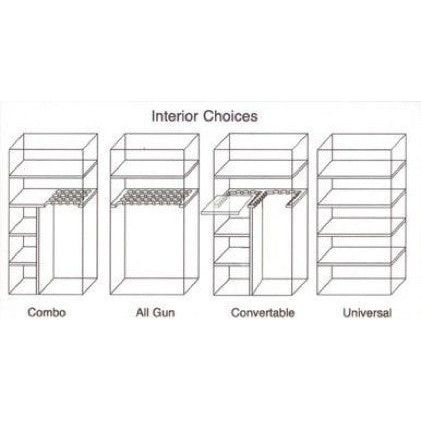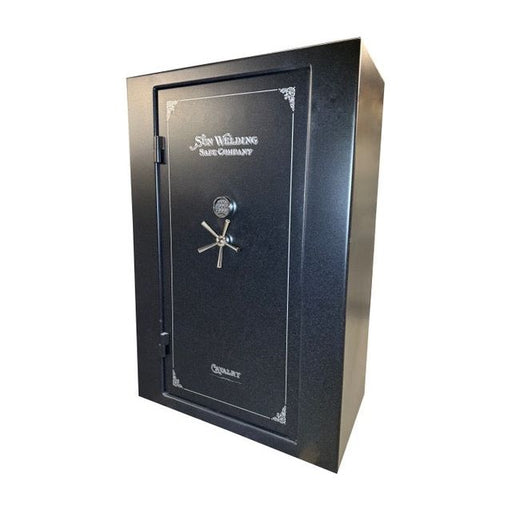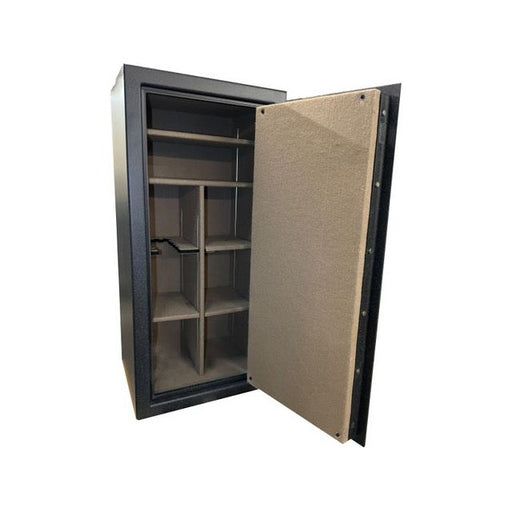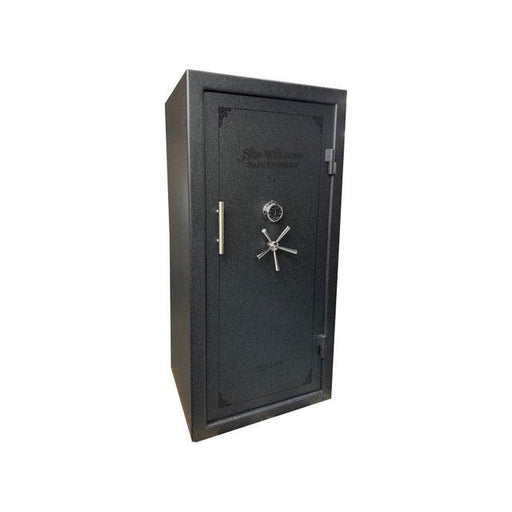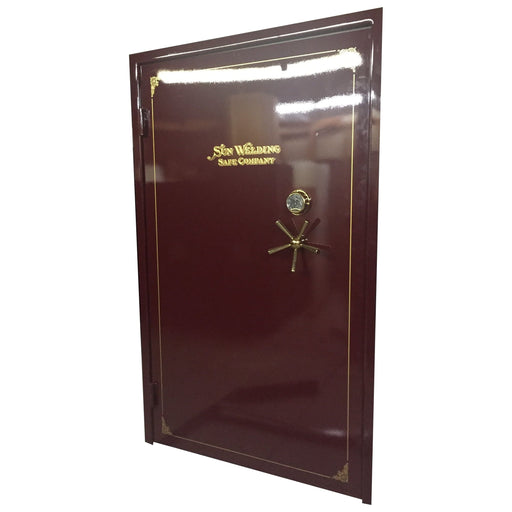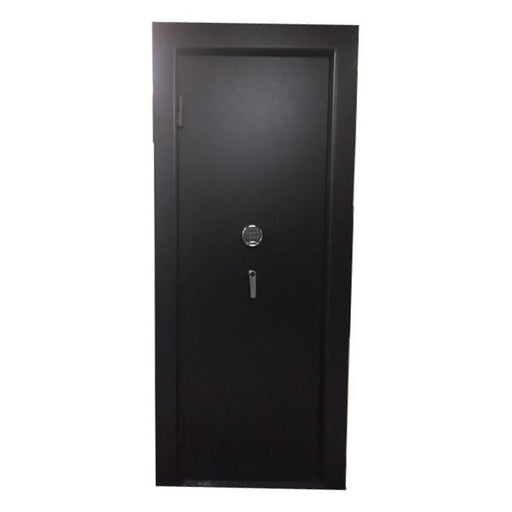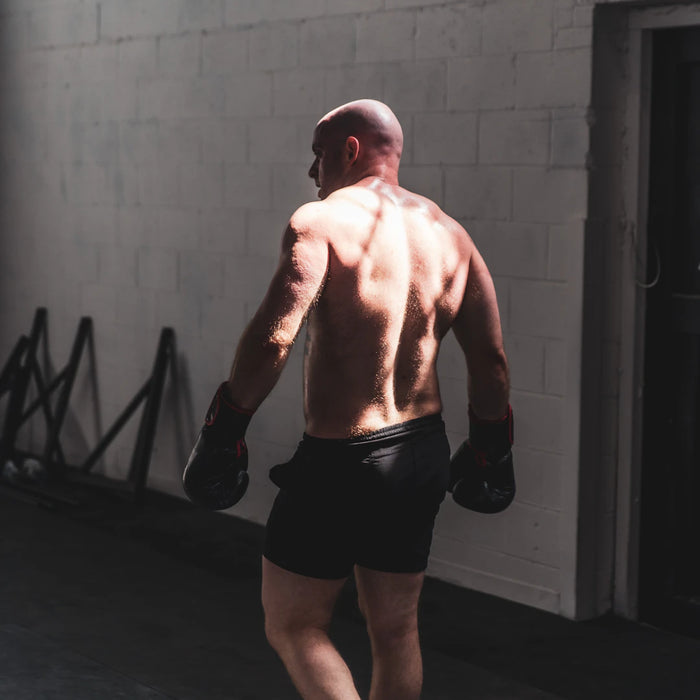In today's increasingly uncertain world, the importance of security cannot be overstated. From personal belongings to sensitive documents, we seek ways to protect what matters most. One common solution that people turn to is the use of fireproof safes. But have you ever wondered what drives our reliance on these protective devices? In this article, we will explore the psychology of security, discussing why we feel compelled to use safes and how they provide not just physical safeguarding but also psychological comfort.
The Basic Need for Security
At the most fundamental level, humans have a profound need for security. This need can be traced back to our early ancestors, who faced threats from predators and environmental dangers. According to psychologist Abraham Maslow, security is one of the essential elements required for human survival and emotional well-being. Modern-day humans may not face the same physical threats as our ancestors, but the underlying psychological need for safety remains unchanged.
Understanding Psychological Safety
Psychological safety encompasses feeling secure and protected from harm — both physically and emotionally. This feeling promotes an environment where individuals can express themselves without fear of negative consequences. Using fireproof safes offers more than just a physical barrier; it creates an atmosphere of reassurance. The act of storing valuable items in a safe can ease anxiety regarding theft, loss, or catastrophic events such as fires.
Symbol of Control
Security devices, especially safes, serve as a potent symbol of control. Having a safe in one’s home or office instills a sense of power over one’s possessions. This control is particularly appealing in a world that often feels chaotic and unpredictable. Here are some elements interconnected with the psychological aspect of possessing a safe:
-
Ownership: Safes serve as a physical representation of ownership, reinforcing a sense of possession over valuable items.
-
Protection: Knowing that your valuables are locked away can prevent feelings of vulnerability.
-
Preparedness: Using a safe signifies that one is prepared for potential threats, enhancing feelings of security.
Enhancing Peace of Mind
Investing in a safe is not just about physical protection; it’s about achieving peace of mind. When you know your important documents, jewelry, or important mementos are stored safely, you can focus better on your daily tasks without the nagging worry of loss or theft. This psychological relief can be the difference between a restless night and a restful sleep.
Responding to Fear and Anxiety
Fear often drives people to seek out security solutions. Whether it’s a fear of burglary, natural disasters, or simply the unknown, these feelings can manifest in various ways, prompting individuals to look for protective measures. Here’s why the use of safes can address these fears:
-
Understanding Threats: By acknowledging potential risks, individuals are more likely to take proactive measures, such as buying a safe.
-
A tangible solution: Owning a safe provides a concrete action to mitigate fears, satisfying the impulse to protect what’s important.
-
Creating a safe space: A safe not only shields possessions but also creates a secure space that allows individuals to feel more relaxed.
Empowering Financial Security
For many, financial stability translates to emotional well-being. Storing important financial documents, cash, or sensitive information in a safe adds an extra layer of security to one's financial life. Financial stress can take a toll on mental health, and the simple act of securing these items can lead to a greater sense of control over one’s financial future. By utilizing fireproof safes, individuals also mitigate the risk of losing crucial documents in emergencies, further establishing a sense of safety.
A Cultural Perspective on Security
The need for security transcends individual psychology; it is also deeply rooted in cultural expressions and traditions. Across various cultures, individuals are encouraged to take precautions for their safety and the safety of their loved ones. The act of securing belongings in a safe can symbolize cultural values surrounding responsibility and legacy.
Family Traditions and Inheritance
Safes often hold more than just personal valuables; they safeguard family heirlooms and treasured memories. This aspect of safekeeping ties into the emotional significance of items passed down through generations. The psychological comfort derived from knowing that these items are protected can strengthen family bonds and preserve heritage.
The Role of Technology in Security
The evolution of safes has seen the integration of advanced technologies, making them more secure and accessible. Digital safes, biometric features, and online security solutions have revolutionized traditional notions of security. However, while technology enhances physical protection, it also raises a new set of psychological questions and considerations:
-
Trust in technology: Understanding whether systems are truly secure can influence a user’s peace of mind.
-
Fear of loss: The thought of technological failures can exacerbate anxiety, even for those who own advanced safes.
-
Adaptation to changing threats: As criminals evolve, our security measures must adapt, which can stir feelings of unease.
Adopting Hybrid Solutions
To address both physical and psychological aspects of security, many individuals opt for hybrid solutions that combine traditional safes with modern technology. For example, using a fireproof safe alongside cloud storage for important documents can ensure accessibility without sacrificing security. This layered approach is appealing to those trapped in a blend of traditional values and modern realities.
Safes as Testimony of Personal Values
For many, the choice to invest in a safe is an extension of their personal values. Whether prioritizing family, heirlooms, financial preparedness, or peace of mind, safes act as an expression of what matters most. The desire to protect valuable items can be indicative of priority placement on security in one’s life.
Building a Sense of Community
Ultimately, the concept of security extends beyond personal experiences; it fosters a sense of community. When individuals in a neighborhood feel safe, it can enhance the overall well-being of the community. Conversations around safety and security can lead to community initiatives, such as neighborhood watch programs or neighborhood safety meetings, relying on the shared understanding of protection.
Embracing the Psychological Benefits
Using a fireproof safe or any security device is not just a matter of protecting belongings—it’s about embracing a lifestyle that values security and well-being. Understanding the psychological motivations behind your choice to use a safe can open doors to deeper insights about personal priorities and lifestyle choices. Reflecting on these elements can enhance your overall quality of life and foster a mindset geared towards peace of mind.
Final Thoughts: Embrace Your Safe Space
In a world filled with uncertainties, investing in security through safes provides a profound psychological comfort that transcends the mere act of storage. As we navigate daily life, being aware of our emotional responses to security can empower us to make informed choices about our possessions and our well-being. Whether you recognize the need for fireproof safes or other protective measures, embracing the concept of security is integral to living a fulfilling life. Secure yourself, your valuables, and your peace of mind. After all, everyone deserves their own safe haven.
